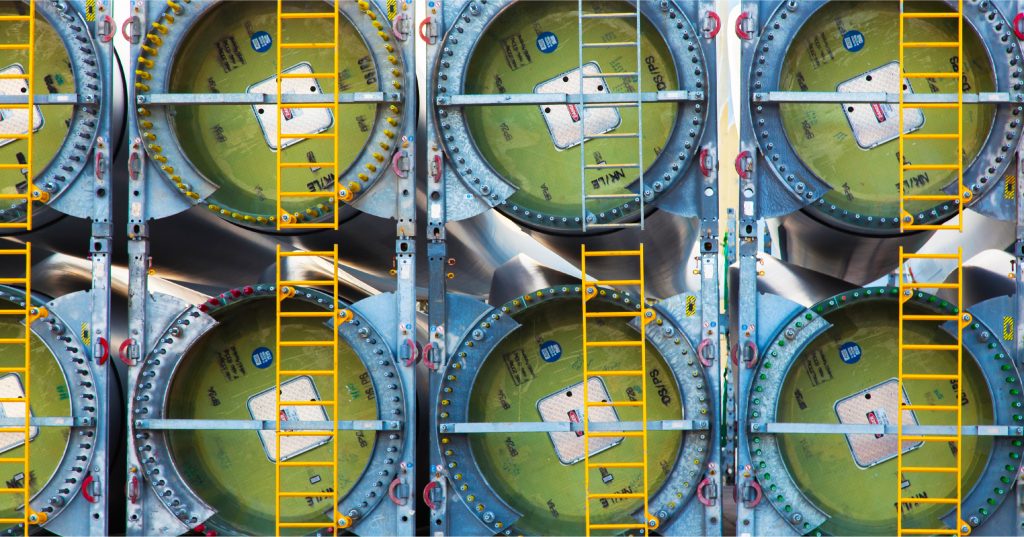Saudi Arabia faces unique challenges in managing its water resources due to its arid climate and increasing demand for clean water. Effective wastewater treatment addresses these challenges, enables water reuse, reduces environmental impact, and conserves limited water supplies. The wastewater treatment process is pivotal in transforming contaminated water into a reusable resource.
This blog will explore the wastewater treatment process, the stages involved in a wastewater treatment plant process, and how it contributes to sustainable water management in Saudi Arabia.
What is the Wastewater Treatment Process?
The wastewater treatment process is a series of physical, chemical, and biological methods used to remove impurities from wastewater. This includes contaminants like solids, organic matter, pathogens, and harmful chemicals. The goal is to produce clean water that can be safely discharged into the environment or reused for non-potable purposes, such as agriculture, industrial processes, and landscaping.
The wastewater treatment plant process in Saudi Arabia is vital for addressing water scarcity and environmental sustainability. By treating wastewater effectively, the process ensures that water resources are managed responsibly and meet stringent regulatory standards.
Key Stages of the Wastewater Treatment Process
The process of wastewater treatment involves multiple stages, each designed to remove specific types of contaminants. These stages work in harmony to ensure that treated water is of the highest quality.
1. Preliminary Treatment
Preliminary treatment is the first step in the wastewater treatment plant process. Its purpose is to remove large debris, such as plastics, leaves, and other coarse materials that could damage equipment.
- Screening: Removes large objects like sticks and plastics.
- Grit Removal: Eliminates sand, gravel, and other heavy particles to prevent abrasion of machinery.
This stage prepares the wastewater for further treatment by removing materials that can disrupt downstream processes.
2. Primary Treatment
During primary treatment, wastewater enters a sedimentation tank where gravity separates solids and liquids.
- Heavier solids settle at the bottom as sludge.
- Oils and grease rise to the surface and are skimmed off.
This step significantly reduces the amount of organic material and suspended solids, making the wastewater easier to treat in subsequent stages.
3. Secondary Treatment
The secondary stage focuses on removing dissolved and suspended organic matter through biological processes.
- Microorganisms break down organic contaminants in wastewater.
- Common methods include activated sludge systems, aerated lagoons, and trickling filters.
This stage is crucial for improving water quality and reducing biochemical oxygen demand (BOD), which measures the level of organic pollutants in water.
4. Tertiary Treatment
Tertiary treatment, also known as advanced treatment, further purifies the water to ensure it meets high-quality standards.
- Filtration: Removes finer particles using sand filters or membranes.
- Nutrient Removal: Eliminates nitrogen and phosphorus to prevent algae blooms.
- Disinfection: Uses chlorine or ultraviolet light to kill pathogens and bacteria.
In Saudi Arabia, tertiary treatment is particularly important for enabling water reuse in agriculture and landscaping, which are vital for sustainability in the region.
5. Sludge Treatment and Disposal
The sludge generated during primary and secondary treatment must be processed before disposal or reuse.
- Digestion: Anaerobic digestion breaks down organic matter, producing biogas for energy generation.
- Dewatering: Removes excess water from sludge to reduce volume and facilitate handling.
- Composting: Converts treated sludge into a nutrient-rich material for agricultural use.
Sludge treatment ensures that the by-products of the wastewater treatment process are managed responsibly, minimizing environmental impact.
Importance of the Wastewater Treatment Process in Saudi Arabia
Saudi Arabia’s water scarcity makes the wastewater treatment process a vital part of its water management strategy. The process supports the country’s Vision 2030 goals, which emphasize environmental sustainability and efficient resource utilization.
- Water Reuse: Treated wastewater can be reused for agriculture, industry, and landscaping, reducing the demand for freshwater resources.
- Environmental Protection: By removing harmful contaminants, wastewater treatment prevents pollution of water bodies and preserves ecosystems.
- Energy Recovery: The biogas produced during sludge treatment can be used as a renewable energy source.
- Compliance: The wastewater treatment plant process ensures compliance with local and international environmental regulations.
Enhancing Wastewater Treatment in Saudi Arabia: Ion Exchange’s Advanced Solutions
Our state-of-the-art wastewater treatment plants offer pioneering solutions that focus on wastewater recycling and source reduction, alongside waste management through product recovery and waste minimization. Utilizing innovative, energy-efficient, and cost-effective technologies such as membranes, advanced oxidation, and evaporation, these integrated systems help conserve water by recycling wastewater and recovering valuable by-products for reuse. This approach not only supports zero liquid discharge objectives but also delivers a strong return on investment for our customers while protecting the environment. After conducting bench-scale and pilot plant studies and detailed site surveys, we select the most appropriate technologies for industries such as power, fertilizer, electronics, textiles, chemicals, food & beverage, pulp & paper, pharmaceuticals, and automotive sectors. Our product line includes:
Conclusion
The wastewater treatment process in Saudi Arabia is a comprehensive and essential system for addressing the country’s water challenges. From preliminary to tertiary treatment and sludge management, each stage of the wastewater treatment plant process ensures that water is treated safely and sustainably.
Understanding what the wastewater treatment process entails helps us appreciate its importance in preserving water resources, protecting the environment, and supporting economic growth.


